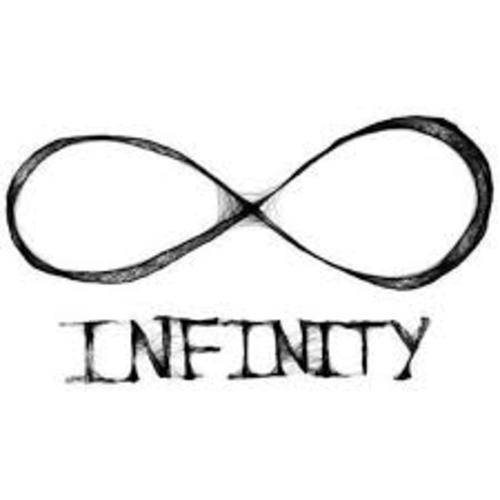Computing to Infinity
 *How much is *
*How much is *
7 1 + 7 2 2 + 7 3 1 + 7 4 2 + 7 5 1 + 7 6 2 + 7 7 1 . . . . . . . . . . . .
to infinity ?
This section requires Javascript.
You are seeing this because something didn't load right. We suggest you, (a) try
refreshing the page, (b) enabling javascript if it is disabled on your browser and,
finally, (c)
loading the
non-javascript version of this page
. We're sorry about the hassle.
2 solutions
5+5=10 so it must be 64+64.
Using Turbo Pascal, we have the following code
# var a,b,c,i:real;i:longint;
# begin
# c:=0;
# for i:=1 to 22 do
# begin
# a:=1/(exp((2*i-1)*ln(7)));
# b:=1/(exp((2*i-1)*ln(7)));
# c:=a+b;
# end;
# write(c:0:10);
# readln;
# end.
After you press Crtl+F9, you'll see the result is 0 . 1 8 7 5 0 0 0 0 0 0 ≈ 1 6 3
Or you can do this
We write A = ( 7 1 ) 1 + ( 7 1 ) 2 + ( 7 1 ) 3 + . . . + ( 7 1 ) 2 + ( 7 1 ) 4 + . . .
We can see this expression is an infinite geometric series with d 1 = 7 1 and d 2 = ( 7 1 ) 2 are common ratio. So that we have:
A = 1 − 7 1 7 1 + 1 − ( 7 1 ) 2 ( 7 1 ) 2 = 1 6 3
We have the infinite series:
Σ k = 1 ∞ 7 2 k − 1 1 + 7 2 k 2 = 9 ⋅ Σ k = 1 ∞ ( 4 9 1 ) k = 9 ⋅ ( 1 − 1 / 4 9 1 / 4 9 ) = 9 ( 4 8 1 ) = 1 6 3 .